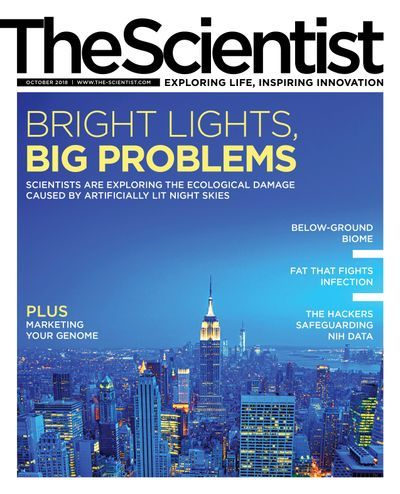
There once lived a man who claimed he could remember every day of his life since he was nine years and four months old. What day of the week had it been? What had the weather been like? In interviews, nearly blind farmer Daniel McCartney could answer these questions in great detail, and with almost perfect consistency when asked again weeks later. “February 28, 1831?” McCartney would pause, reflect for a few seconds, then answer: “Monday. It was very muddy. We carried sap from the sugar-trees, and two girls came to our house for a visit that evening.”
Imagine being able to recall every moment you’ve ever experienced—every phone number, birthday, fact, or name you’d ever heard—without reminders, calendars, apps, or lists. Some may argue that McCartney was gifted with an exceptional memory, a modern-day superpower most of us can only dream of. But...
Both inside and outside the research lab, humans tend to prize remembering so much that we sometimes ignore its counterpart, the equally essential art of forgetting. While writing our book, Adventures in Memory, we explored both sides of the memory coin, uncovering fascinating insights about the science of how and why we fail to remember.
We learned, for example, that a great deal of forgetting occurs shortly after an experience takes place, through processes in our attention and working memory apparatus that select which memories to keep and which to discard. This natural filtering system allows us to focus on the moments that matter most: those with high emotional import and personal significance. But forgetting is important in the long run too.
New research investigating the active cellular processes that contribute to long-term forgetting suggests that neuro-genesis—the production of new neurons within the hippocampus—may actually aid the capacity to form new memories by destroying existing memory traces. In memory, as in life, we need to clear out some of the old in order to make space for the new.
Yet, even when we’ve forgotten most of an experience, our recollections can seem convincingly complete. How can this be? A memory, it turns out, is more than the sum of its traces. Using existing knowledge, our brains fill in for the specifics we’ve forgotten, recreating the scene with people, surroundings, actions, and emotions. This way, we don’t actually need all the details to “remember” a moment—just a vague sense of what took place. The same is true for cumulative memories, recollections of events that have been repeated many times.
Can you recall what it was like to take the bus to work on July 12th? To cuddle your child at bedtime last Wednesday? Rather than remembering each of these instances in detail, our brains construct a compilation of them all—forgetting most of what we’ve experienced in favor of a kind of “average” memory.
So really, all remembering incorporates, perhaps even requires, an element of forgetting—and thankfully so. What would life be like if you could recall each and every moment? If you could remember precisely how you buttered every slice of toast you ate in February, or the exact hue of the socks you wore on your mother’s 37th birthday? It would take you an entire day just to remember what you did yesterday!
Perhaps we simply expect too much of our memories. By telling stories, sharing knowledge, and relying on other forms of external memory, could we learn to celebrate a little forgetting? Memories fade, but, thanks to our amazing forgetfulness, the important ones—the ones that resonate, that make us who we are—remain.
Hilde Østby is a writer and editor with a master’s degree in the history of ideas and Ylva Østby is a clinical neuropsychologist who researches memory at the University of Oslo. Read an excerpt of Adventures in Memory: The Science and Secrets of Remembering and Forgetting.
Interested in reading more?




